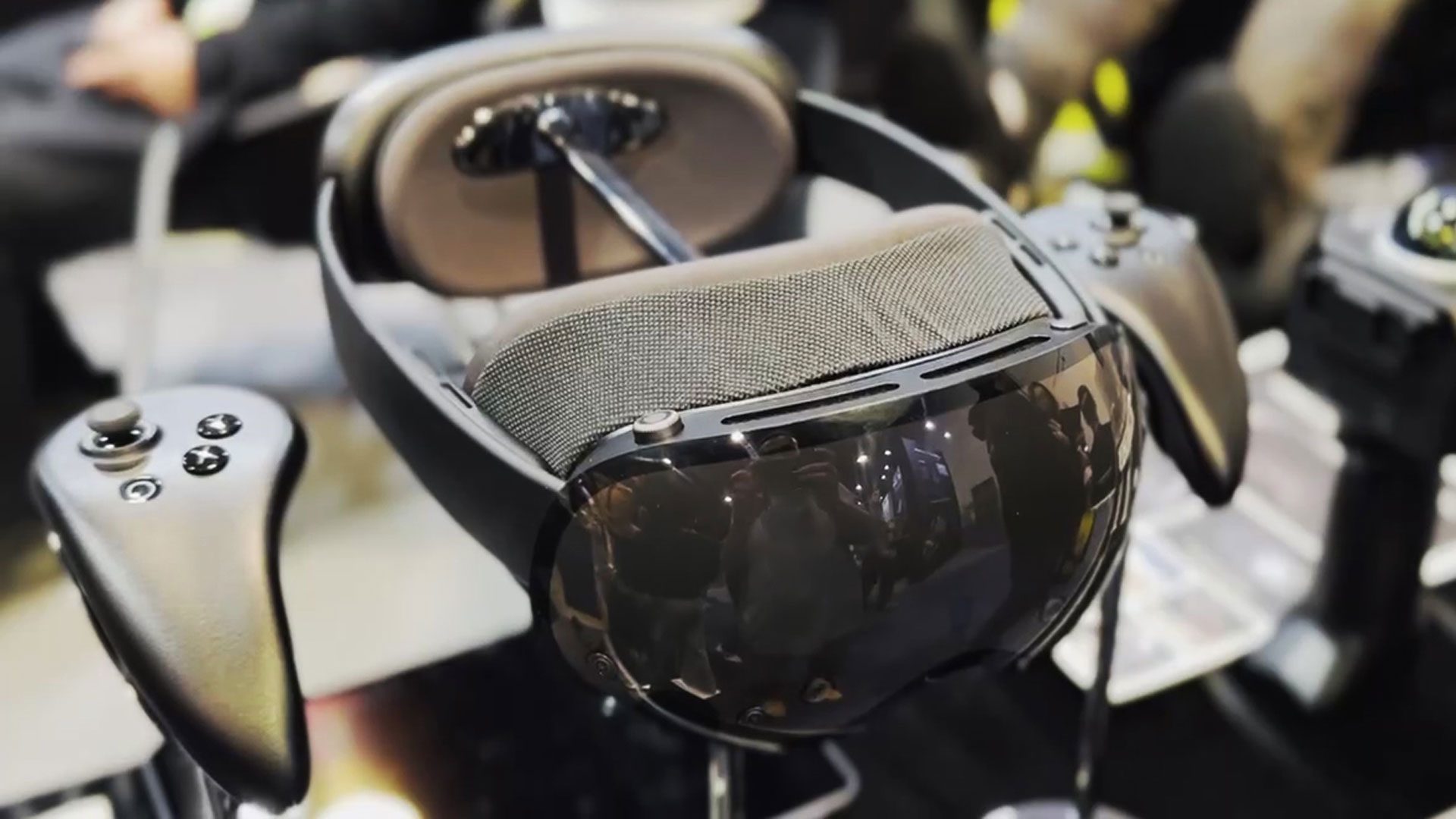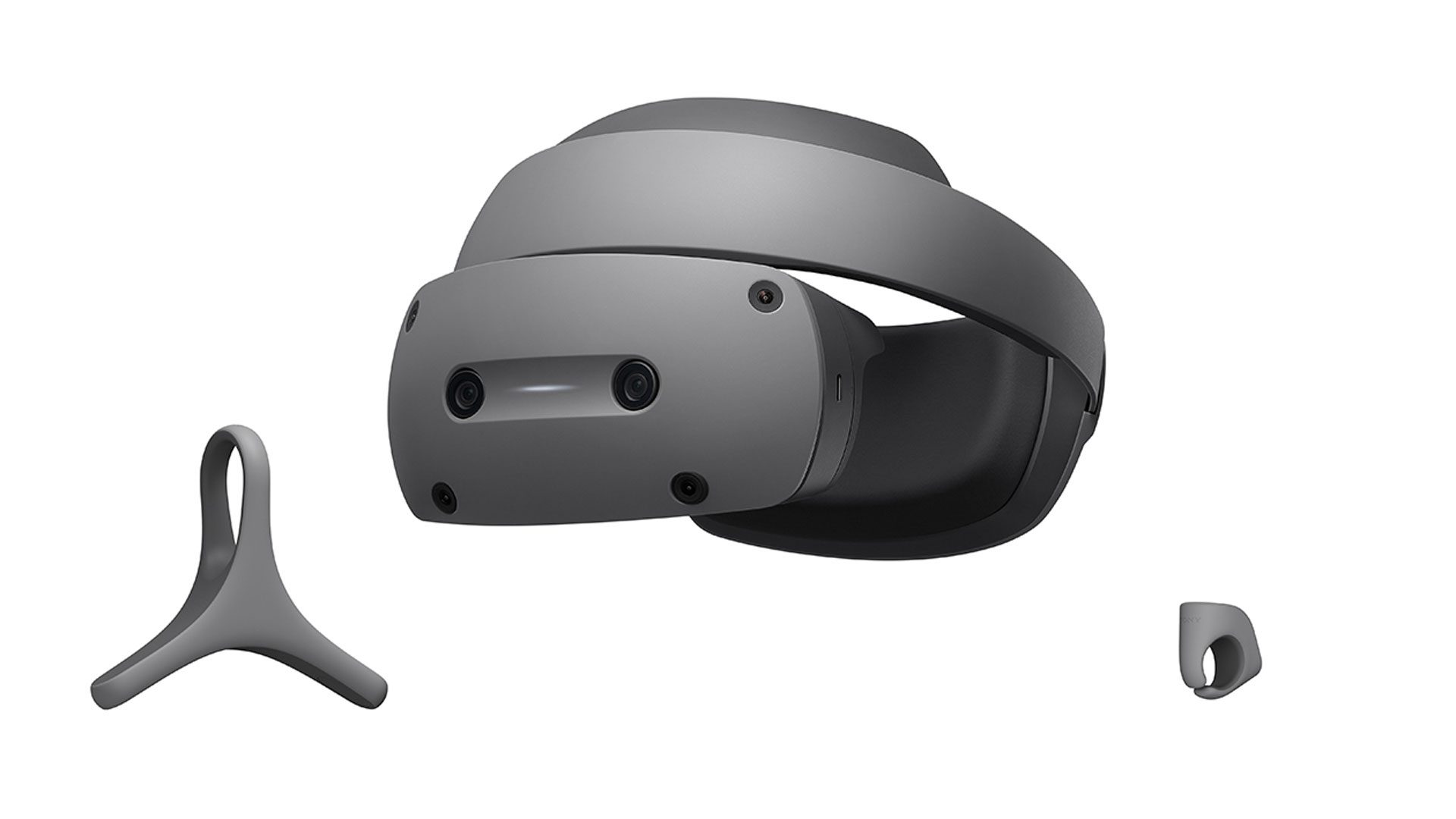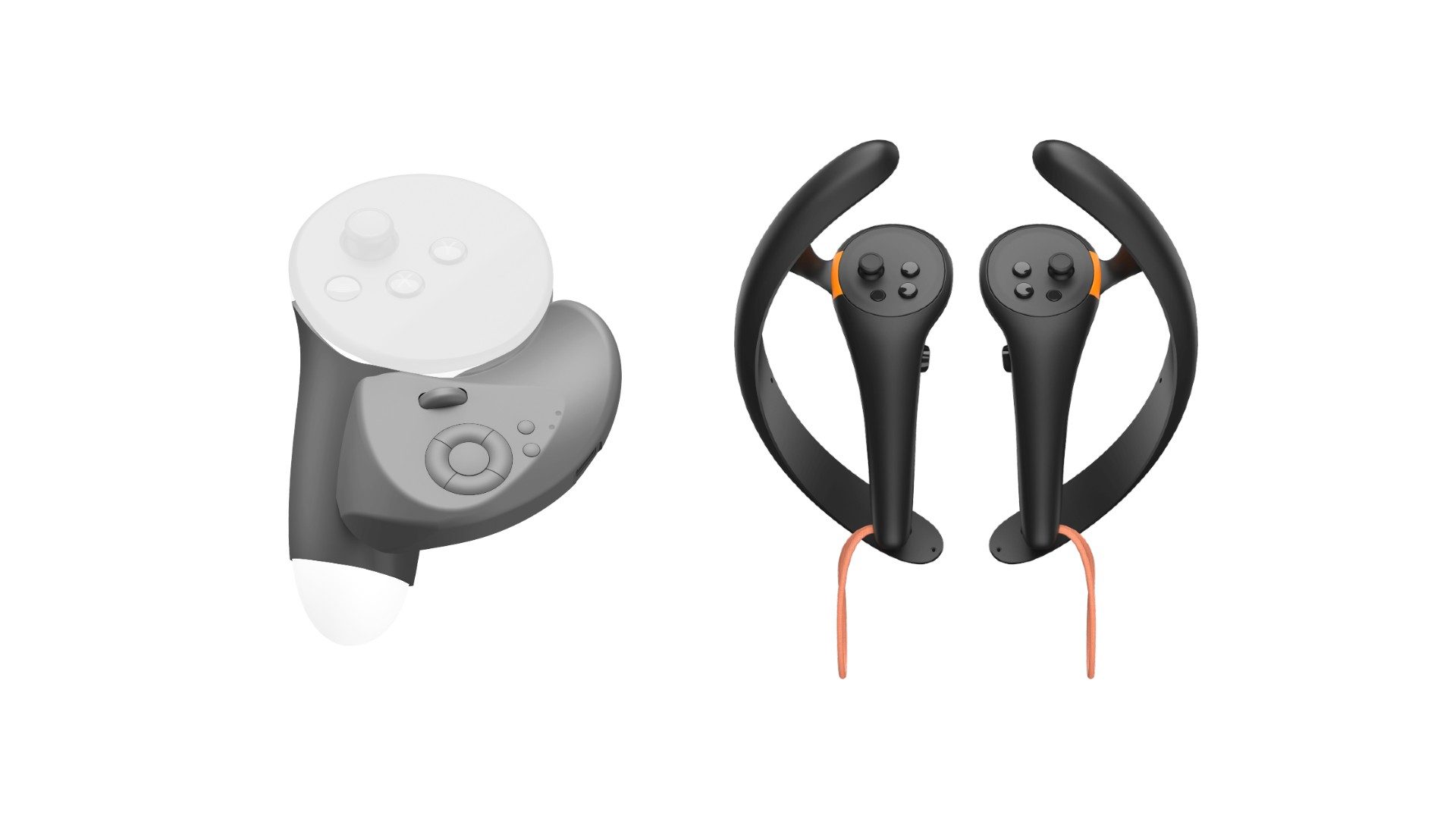Meta, in its bid to make virtual reality (VR) a significant part of education, is teaming up with a selection of universities in the U.S. and the U.K. Their goal? To fine-tune a new product that just might push VR closer to the mainstream spotlight.
Through the newly introduced Meta for Education beta program, the tech giant—known widely as Facebook’s parent company—is collaborating with 13 educational institutions. These schools will get a sneak peek at a product Meta has been hinting at for some time. According to a blog post by Meta released on Monday, the focus is on simplifying how educators can explore interactive and engaging content across various subjects like science, medicine, history, and language arts.
Before the program officially rolls out, these universities will dive into testing VR and mixed reality (XR) prototypes in their classes. This initiative includes educational institutions such as Arizona State University, Houston Community College, Imperial College London, Miami Dade College, Morehouse College, New Mexico State University, San Diego State University, Savannah College of Art & Design, The University of Glasgow, University of Iowa, University of Leeds, University of Miami, and University of Michigan.
In addition, Meta is extending its “digital twin” metaversity program to Europe. This expansion kicks off with the University of Leeds in the U.K., the University of the Basque Country in Spain, and the University of Hannover in Germany. It’s an ambitious follow-up to the past couple of years, where Meta joined forces with VictoryXR to support virtual university environments in the U.S., mirroring their real-world campus counterparts.
The University of Leeds is already ahead, running “immersive classes” that focus initially on performance and theater. Looking ahead, the University of Basque Country plans to introduce similar classes on physiotherapy and anatomy by February 2025, while the University of Hannover will launch their offering in the next academic year.
This development is timely, coming about seven months after Meta first hinted at their education-centric project designed around Quest headsets. This included the idea of a centralized hub for educational apps and management tools for administrators overseeing numerous headsets. At that stage, Meta aimed to roll this out to “institutions serving learners aged 13+,” but today’s update indicates a stronger focus on older students for the time being.
Despite the financial strain, Meta isn’t shying away from their significant VR and AR investments. Their Reality Labs division, which tackles all things related to VR and AR, is currently running at a loss. Recent financial reports indicated a 29% revenue increase year-over-year to $270 million. Nonetheless, expenses have risen, culminating in a $4.4 billion loss for the last quarter, with expectations for this trend to continue due to “ongoing product development” and expansions within their ecosystem.
Yet, with Apple’s introduction of the Vision Pro headset, there’s speculation that this could be the turning point that truly propels mixed reality—including both VR and AR—into everyday acceptance.








![[For Malaysia] Elevate Your New Year’s Gaming! Buy a PlayStation 5 for a Chance to Win Exciting Prizes! – PlayStation.Blog [For Malaysia] Elevate Your New Year’s Gaming! Buy a PlayStation 5 for a Chance to Win Exciting Prizes! – PlayStation.Blog](https://www.xgamernews.com/wp-content/uploads/2025/01/For-Malaysia-Elevate-Your-New-Years-Gaming-Buy-a-PlayStation-360x180.jpg)




































